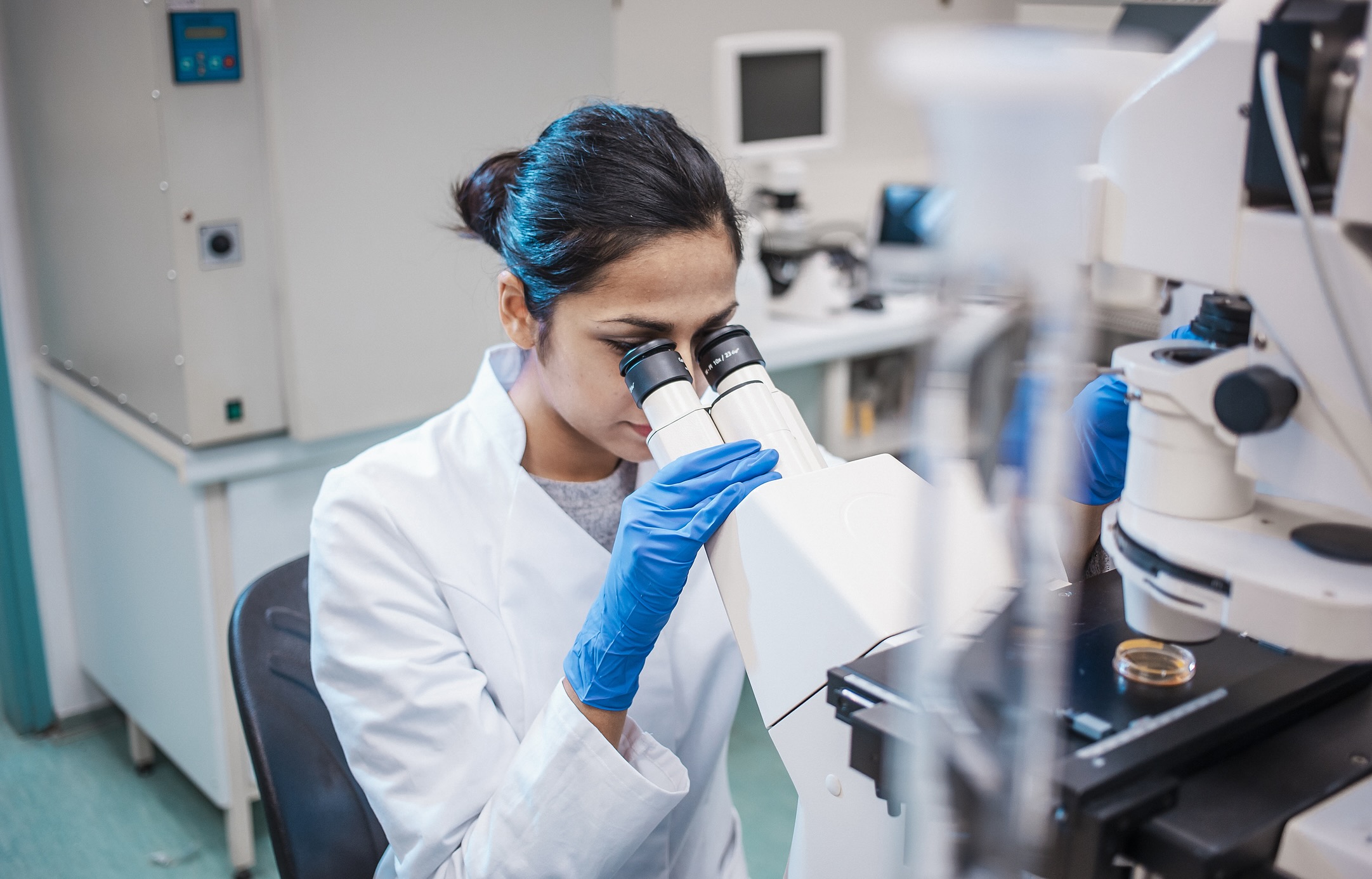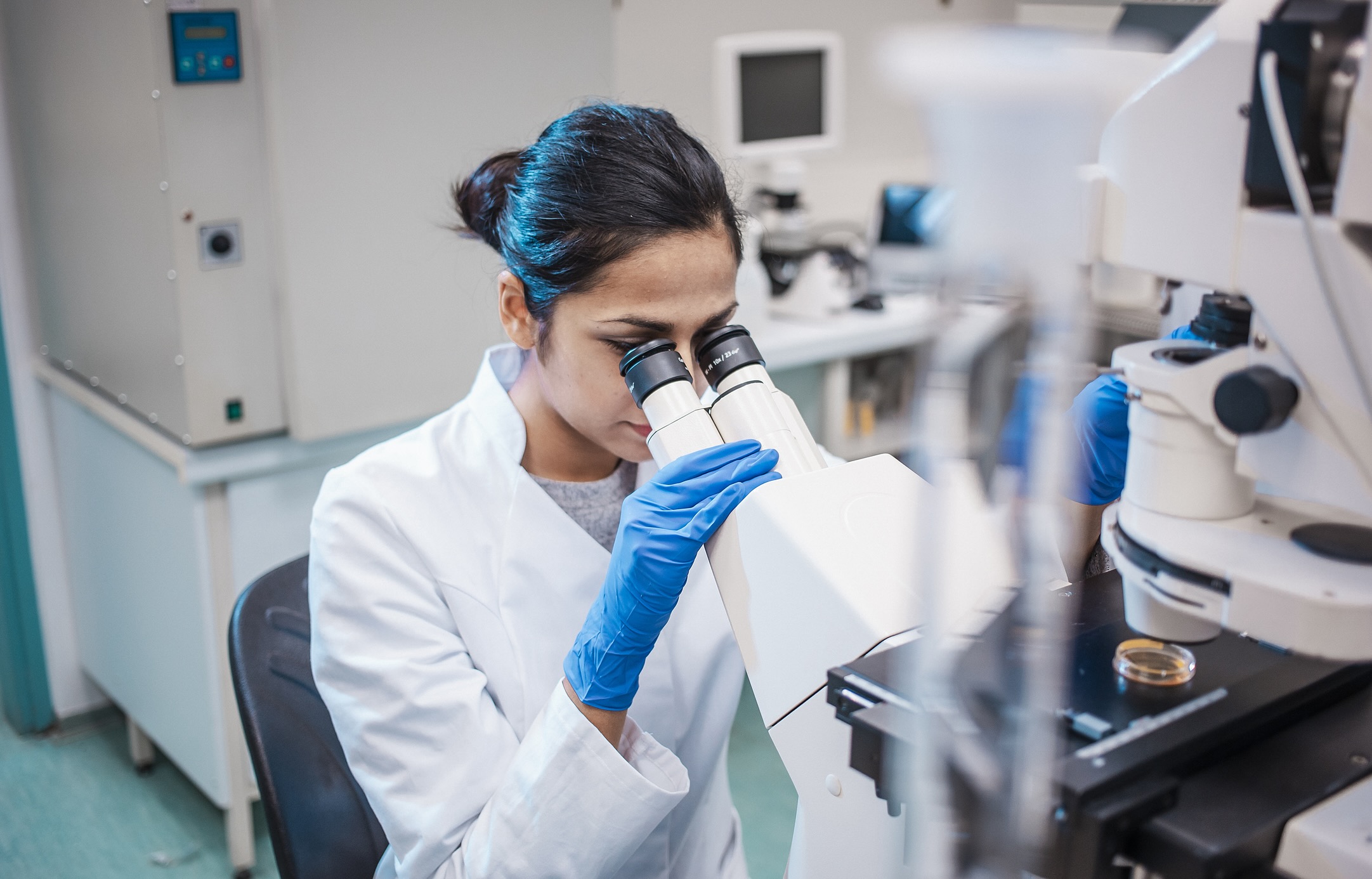The role of genetic testing in cancer prevention and treatment


Cancer is a complex disease influenced by many factors, including genetics. At the Mays Cancer Center, home to UT Health San Antonio MD Anderson Cancer Center, we recognize the importance of understanding genetics’ impact on increasing cancer risk. By offering advanced genetic testing services, we empower our patients with knowledge that can guide prevention and treatment strategies.
“Genetic testing doesn’t just inform individual care, it can provide valuable information for family members and future generations,” says Lauren Mills, MS, CGC, a certified genetic counselor at Mays Cancer Center.
Here’s how genetic testing plays a pivotal role in cancer care and how our dedicated genetic counselors support you every step of the way.
Understanding genetic testing in cancer
Genetic testing analyzes your DNA to identify mutations you may have been born with that may increase your risk of developing cancer. These mutations can be inherited. The process includes genetic analysis of a blood or saliva sample, interpretation of results by our genetic counselors, and a risk assessment to determine the likelihood of developing cancer.
Based on the findings, personalized screening and prevention strategies are recommended. The results guide treatment decisions for those already diagnosed, including targeted therapies, appropriate surgical options, and future screening needs. The testing also has implications for family members, who may share the genetic risk. Monitoring and follow-up care is essential for individuals with identified risks, ensuring proactive management and care.
Our Cancer Genetics Program
At the Mays Cancer Center, our cancer genetics team is committed to providing comprehensive genetic testing and counseling services to patients. Our program is designed to offer personalized care tailored to your unique genetic profile. Here’s what you can expect when you receive genetic testing in our program:
- Comprehensive genetic counseling: Our board-certified genetic counselors will work with you to assess your personal and family history of cancer. They will help you understand your risk, discuss the potential benefits and limitations of genetic testing and support you in making informed decisions.
- State-of-the-art genetic testing: We offer a wide range of genetic tests for hereditary cancers, including breast, ovarian, colorectal, and pancreatic cancers. Our partnership with leading laboratories ensures you receive the most accurate and up-to-date testing.
- Personalized risk management plans: Based on your genetic test results, our team will develop a personalized plan that may include tailored screening schedules, lifestyle modifications, and preventive strategies designed to reduce your cancer risk.
- Integration with oncology care: If you are already undergoing cancer treatment, our genetic counselors will work closely with your oncology team to incorporate genetic insights into your treatment plan. This ensures that your care is truly personalized and aligned with the latest advances in cancer genetics.
- Support for family members: Understanding your genetic risk can affect your entire family. We provide resources and counseling to help your loved ones understand their risk and consider their own genetic testing options.
Genetic testing is an important tool in cancer care, helping inform prevention, detection and treatment decisions. At Mays Cancer Center, we provide a comprehensive genetic testing program that empowers our patients with the knowledge they need to make informed decisions about their health. Together, we can take proactive steps to reduce cancer risk and improve outcomes for those affected by this disease.
If you’re interested in learning more about how genetic testing can play a role in your cancer prevention or treatment, you can request a consultation with our cancer genetics team by calling 210-450-1000.

 Close
Close